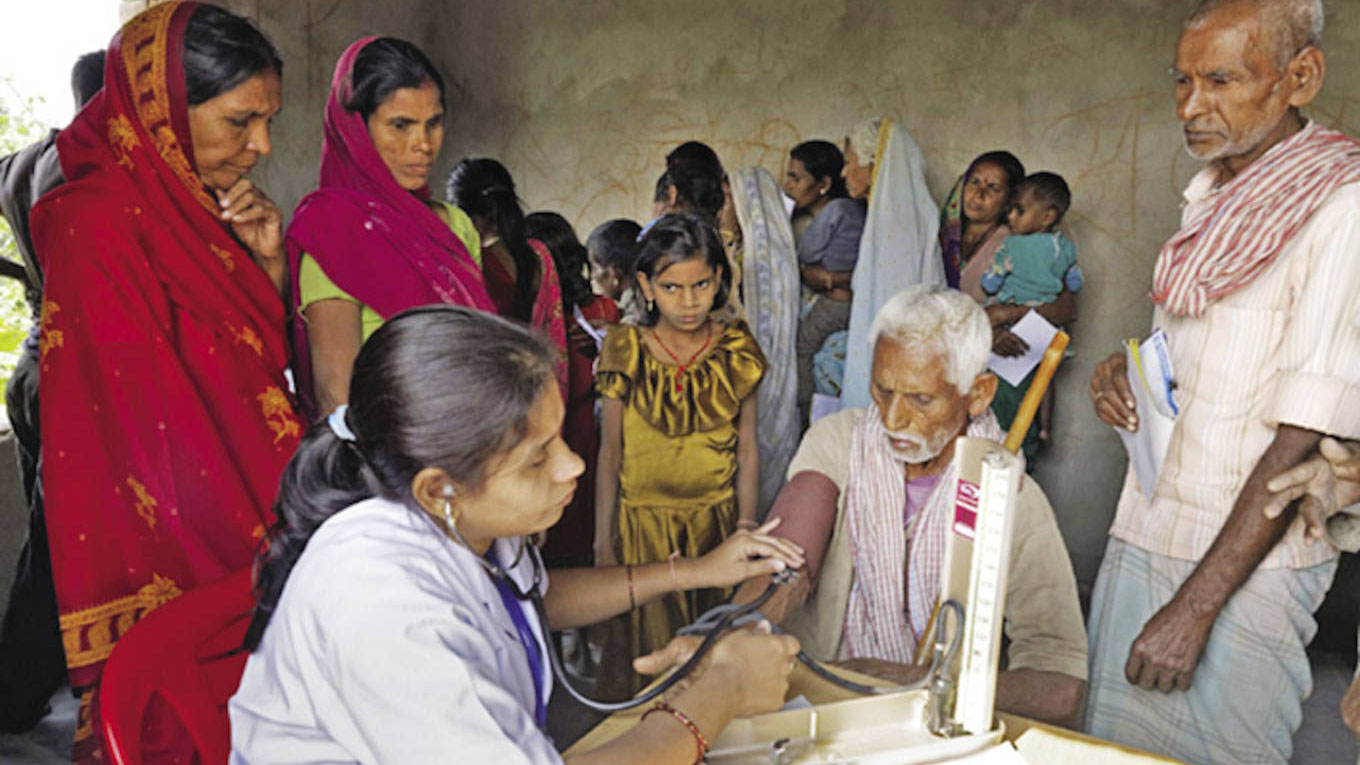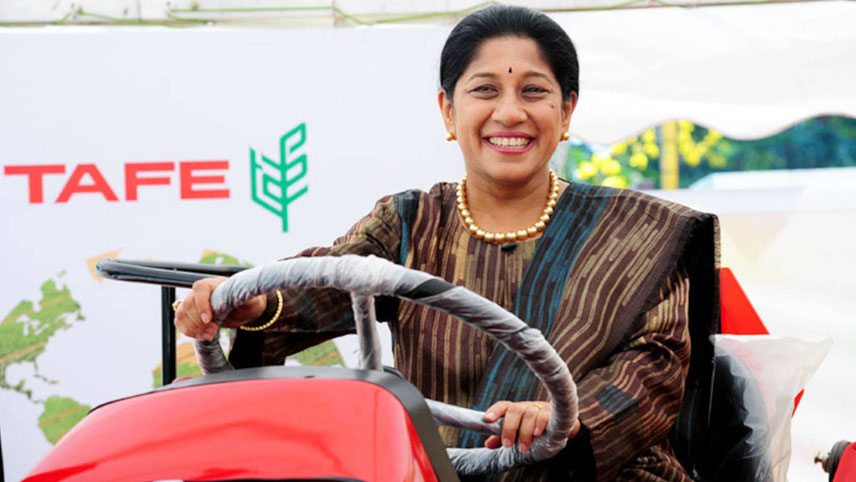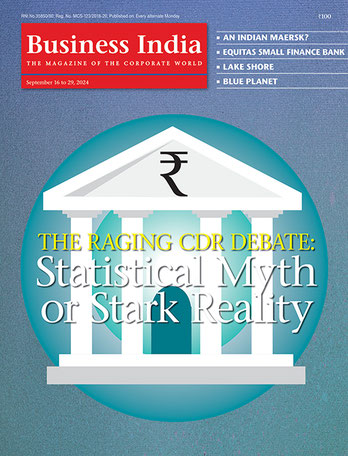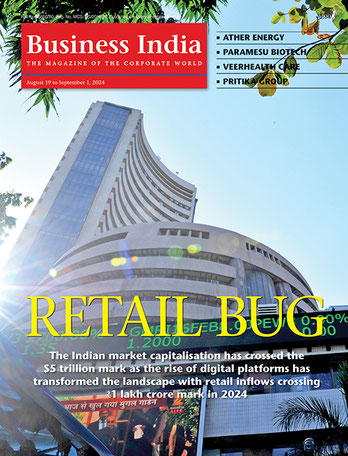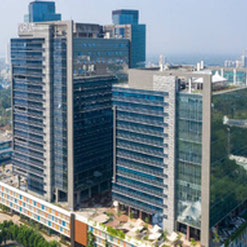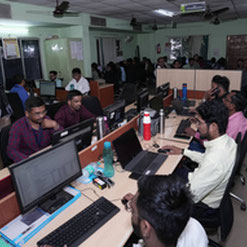
In 2019, the United States Business Roundtable changed its over-arching principle from being centred on shareholder primacy, to explicitly defining that the purpose of corporations is to benefit all stakeholders – customers, employees, suppliers, communities, and shareholders. This change affirms the role corporations can play in improving our society and sets the bar for a modern standard of corporate governance. With the evolution and momentum of ESG frameworks and assessments around the globe, corporations are increasingly devoting attention to these themes. This is an acknowledgement of the fact that responsible corporations can play a pivotal role in achieving social, environmental and equity goals, thereby contributing to the UN SDGs in a significant way. Health and well-being: With specific reference to my area of interest – Health and well-being, there is no doubt that concerted efforts by the public and private sectors can bring about remarkable improvements in three key areas: Access, Affordability, and Quality. I wish to share some illustrative examples of how Apollo Hospitals has worked towards these goals. Access: Apollo Hospitals established a tele-medicine programme in India as early as the year 2000. We currently have over 700 installations around India and the world, and this enables convenient access to specialist care. Specialised solutions like Tele-Emergency, Tele-Radiology, Tele-Cardiology, Tele-Condition Management have evolved, and are currently deployed in urban and rural Public Health Centres in several states, empowering remotely located patients. Affordability: In a country where over 67 per cent of healthcare spending is out-of-pocket, affordable healthcare is a priority. At Apollo Hospitals, offering a range of bed categories from the standard bed to semi-sharing, twin-sharing is an effort to make high-quality care affordable to larger sections of society. In addition, the cost of treatment and hospitalisation is transparently communicated to patients prior to any scheduled procedures through Assured Pricing Plans with the help of financial counsellors. However, there is a cost to deliver quality healthcare in a financially sustainable way, whether in the private or public sector. Alongside, there is a pressing imperative to solve the barrier of affordability. The only way these two imperatives can be bridged is by building a strong programme for Health Insurance. This can be accomplished by a combination of initiatives. The government has already announced a meaningful family cover for around 50 crore beneficiaries under the Ayushman Bharat programme. However, we still confront the problem of the ‘Missing Middle’ in a country where private health insurance penetration is in the low single-digits. As next steps, we could consider the following steps in a phased/stratified way: (a) Employees in the organised sector should be mandated to be covered by the employer under an attractive Group Insurance scheme (b) Professionals such as Lawyers, Doctors, Chartered Accountants, Architects, etc., should be mandated to obtain health insurance cover for themselves and their dependents (c) Affordable Insurance Policy for elders (aged 55 and above) to cover specific health risks arising from vulnerabilities of old age such as Parkinson’s, Alzheimer’s, Incontinence, Vertigo, Osteoporosis (among women). These steps will create the change in behaviour among healthcare consumers and will create sufficient risk pooling for insurers. This can help in eventually making Universal Health Insurance a reality. Addressing the burden of NCDs: We must not forget the key challenge of Non-Communicable Diseases (NCD) that the world, and India faces over the next decade. These lifestyle diseases are developing rapidly and have grown to be 55 per cent of the disease burden of India currently. Disturbingly, they are affecting people in increasingly younger age groups, and resulting in deaths as early as age 30. The answer to this challenge lies in widespread awareness, prevention, screening, and early detection. As much as 80 per cent of NCD deaths are preventable, and we must make it our mission to do so.

